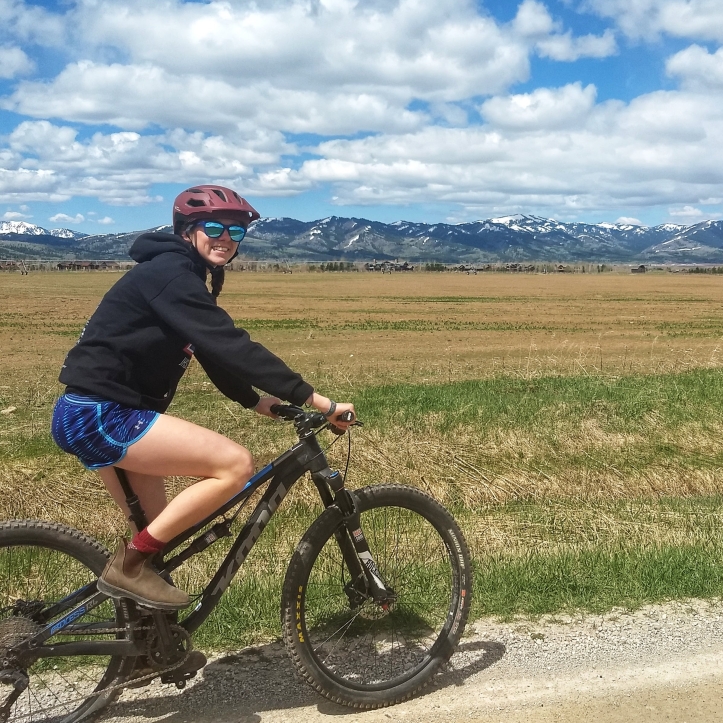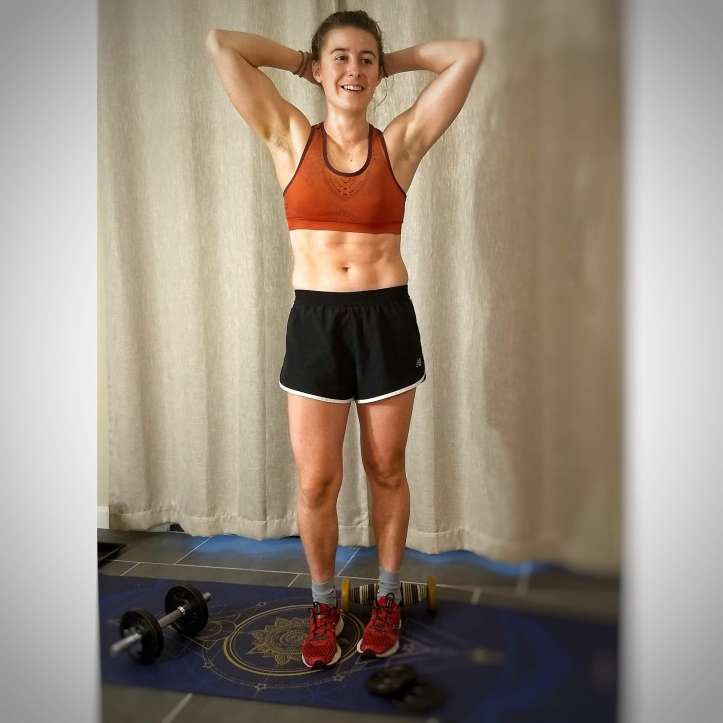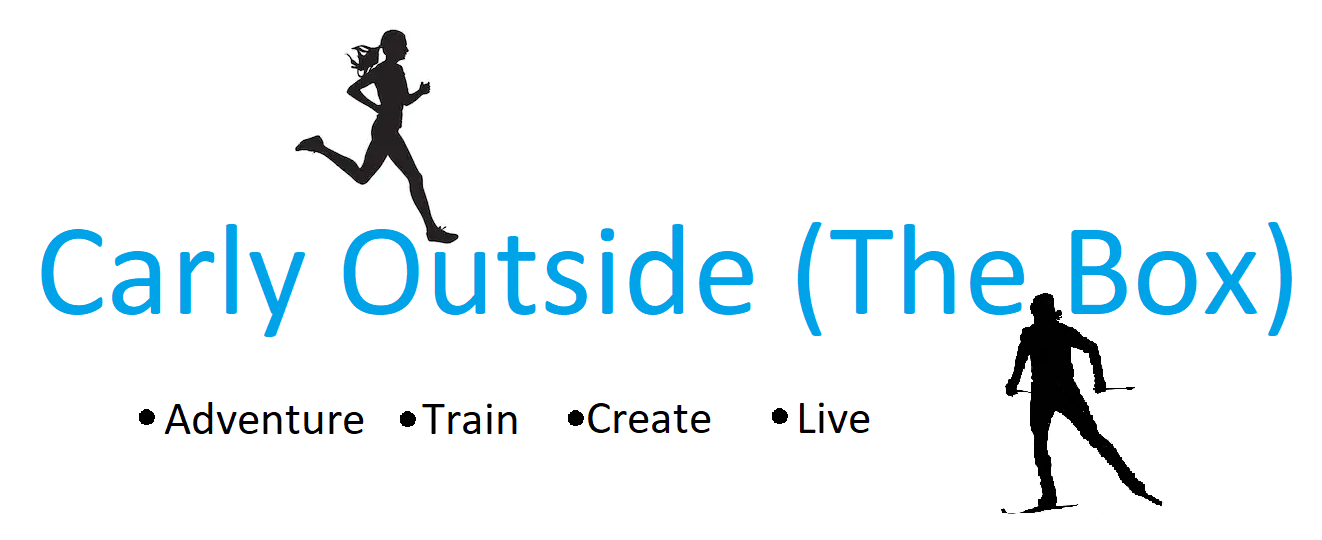“I thought you’d be running me ragged.”
This is the comment one of my athletes posted in her training log last week. Vivian, a Nordic skier and general endurance enthusiast in her mid-50’s, is on Week 7 of her first personal coaching program .
Whether you are a seasoned athlete already on your fourth marathon, or you’re struggling get off the couch and go out for that workout, many of us have something in common: We think that effective training has to be both harder and longer than it should be.
This mindset is prohibitive. It’s no fun to imagine slogging through workouts that are unrealistically challenging. And that makes sense, because attempting to train like that actually does the body little good. Effective training begins right where you are.

Don’t get me wrong; the most intense workout you can imagine might be the right workout for somebody, that somebody just isn’t you. If you are already a half-marathoner and want to drop your PR by a minute, your starting point may include 60 mile training weeks. If you’re trying to get yourself off the couch for your first 5k, you of course won’t start with 60 miles a week. Endurance junkies work into our fitness slowly. Endurance is an acquired taste.
Fitness and endurance are built over time, and the best part is, it gets easier as you go. Going from 0 to 10 miles per week is infinitely harder than going from 10 to 20. And so if you are a beginner, I’m here to help you get through that part. And if you are already an experienced athlete, don’t you wonder how much more you could achieve if you shifted your focus from training harder to training smarter?
There’s no point in “running yourself ragged.” Regardless of your current level of fitness or how you see yourself as an athlete, there are a few keys to fun and productive training:
- Start where you are at! The body can only adapt so quickly…you’ll gain a lot more by being conservative and consistent, versus two months of as-hard-as-you-can-go, followed by burnout or injury
- Progress motivates. When you make gains, you want to keep working. (And if you train too hard, you make no gains. Trust me, been there!)
- A training schedule that works with your life. Not against it. So no more forcing yourself to jog around your neighborhood five times in the dark and rain after working all day… No more agony of a gym’s fluorescent lights before the sun has even risen. Instead, workouts that work for you!

A personal coach should not be a personal drill sergeant. I’ve had a lot of coaches in my life, and they have helped me gain perspective on where I am at in my athletic career and where I am going. They’ve calmed me down when I’m training too hard. And yes, they’ve pushed me when I needed some motivation and/or accountability (because doing too much isn’t always the issue.) Coaches guide us along the sometimes obscure path that leads to our successes, however we define success. And they help us balance training with the rest of life.
You can find more insights and tools for your endurance adventures via email, and here on the blog. Find free sample workouts, or weekly online movement class here. Ready to chat with a coach? Check out all the options.
Attend a movement class
Email Carly
As for my athlete quoted above, I am so pleased and proud to announce that she followed that statement up by saying, “…but it hasn’t been hard at all to do what you’ve recommended. And this week will be downright lazy…I don’t mind!”
Downright lazy? She was doing her first set of intervals this week!
But it sounds like she’s enjoying the process.


I’m enjoying your blog Carly and have shared on my FB😊Congratulations on your win! I know you trained hard to achieve! Lots of great information and challenges us all to get moving!
LikeLike
[…] A majority of workouts should be so easy you’ll hardly feel like it’s a workout. There are specific heart rate and lactate tests that can be done to identify this precise effort level, but those are expensive and not easily accessible to everyone. Thankfully there’s an easier way. I call it the Talk Test. If you are out for an easy workout (anything that’s not intervals or racing) you should be able to hold a conversation comfortably, speaking in complete sentences. You should not have to draw breath every few words. Seriously, go out and try it. You’ll be shocked. […]
LikeLike
[…] a previous blog post, I wrote about the importance of training smarter, not harder. My mistake was hardly an uncommon one. The end result has been […]
LikeLike
As someone who always used to enjoy running, getting back into it has been a tough battle. Building up endurance can be a pain in the butt, but it’s so lovely to hear a calm and positive voice encouraging women (and men) to pursue their goals! I look forward to seeing more from you as I HOPEFULLY gear up towards my first full marathon!
LikeLike